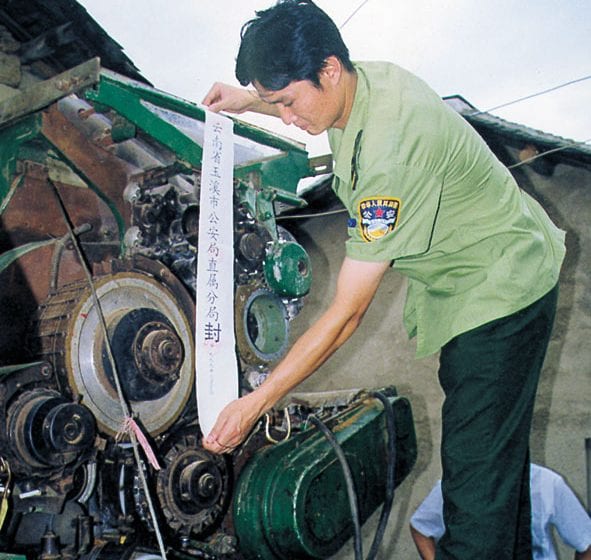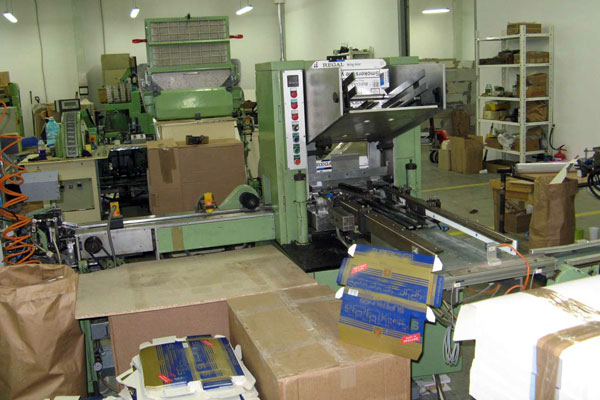Despite signing a World Health Organization treaty on tobacco control more than a decade ago, China is experiencing one million deaths a year from smoking, according to a report published yesterday by the University of Waterloo’s International Tobacco Control Policy Evaluation Project (ITC) and China’s Center for Disease Control and Prevention (CDCP).
The ITC-China CDCP report presents the results of a 10-year longitudinal study of 8,000 smokers and 2,000 non-smokers in five major Chinese cities and five rural areas. It found, in part, that more than half of the country’s 316 smokers had no intention of quitting.
“The ITC survey shows clearly that although China has made some progress in tobacco control, their progress on combatting the number one cause of preventable death, cigarettes, has been slow,” said Geoffrey Fong, founder of the 28-country ITC Project and professor of psychology at the University of Waterloo. “For 10 years, China has not taken actions to reduce smoking that have been shown to work well in many other countries.”
In addition to finding high rates of smoking and low quitting intentions, the study found also that though awareness of the harm caused by cigarettes to smokers had increased during the past decade, it was still the lowest of any country surveyed by the ITC Project.
According to the survey, only 61 percent of Chinese smokers were aware that smoking could cause heart disease, the lowest level of awareness of any ITC country. The survey found too that second-hand smoke was present in 62 percent of workplaces and 73 percent of homes in China, the highest levels of 20 ITC countries.
“Smoking is the most important cause of chronic, non-communicable diseases, which account for nearly 90 percent of deaths in China,” said Yuan Jiang, the director of the Tobacco Control Office of the Chinese CDCP. “It is critically important for China to implement a national smoke-free law, pictorial health warnings on cigarette packages, and a complete ban on all forms of tobacco advertising.”
The report includes recommendations for strengthening tobacco control efforts, including a substantial increase in cigarette taxes. ITC data was said to show that cigarettes were more affordable in China than in any other ITC country.
“It’s now time for policymakers in China to build on the steps it has taken and to move decisively to reverse the tobacco epidemic,” said Bernhard Schwartländer, the WHO representative in China. “Findings from the ITC-China CDC[P] report present a compelling case that more action needs to be taken in China in the interest of public health.”
The ITC-China CDCP executive summary report is at: www.itcproject.org.









